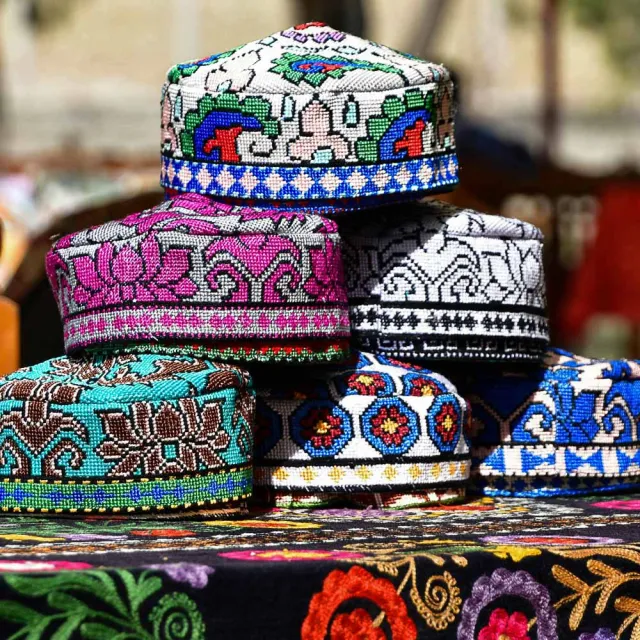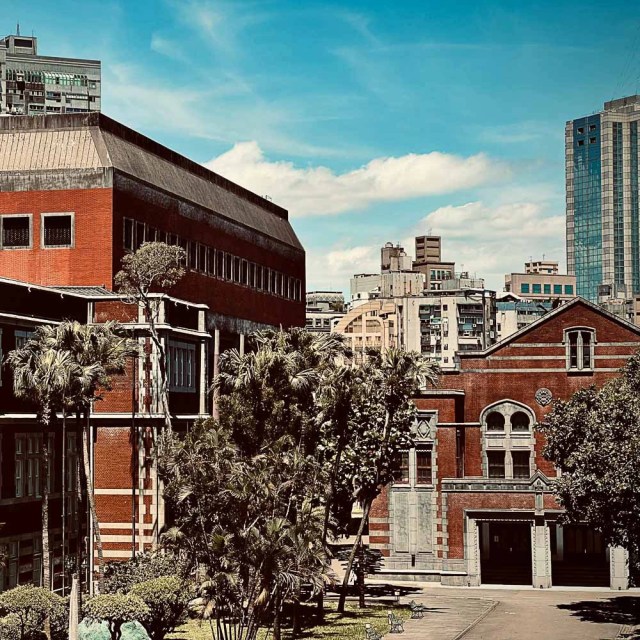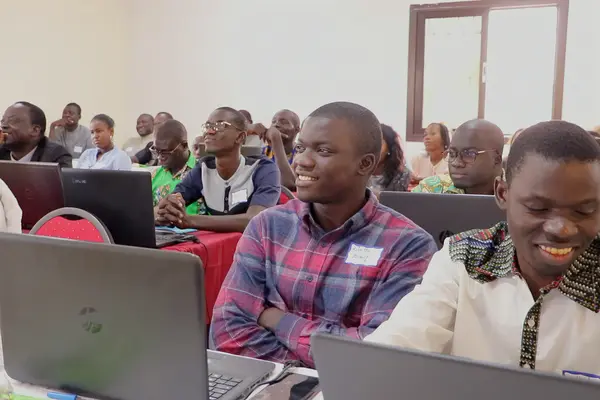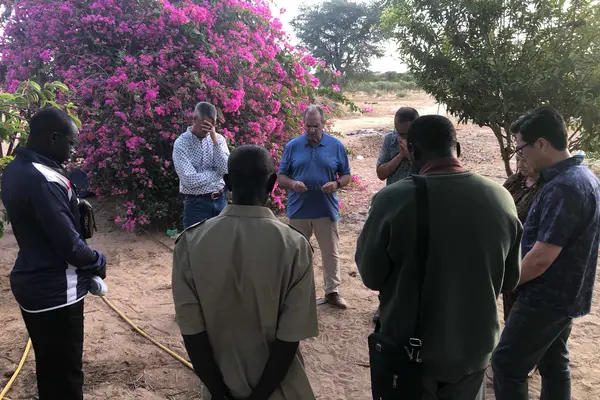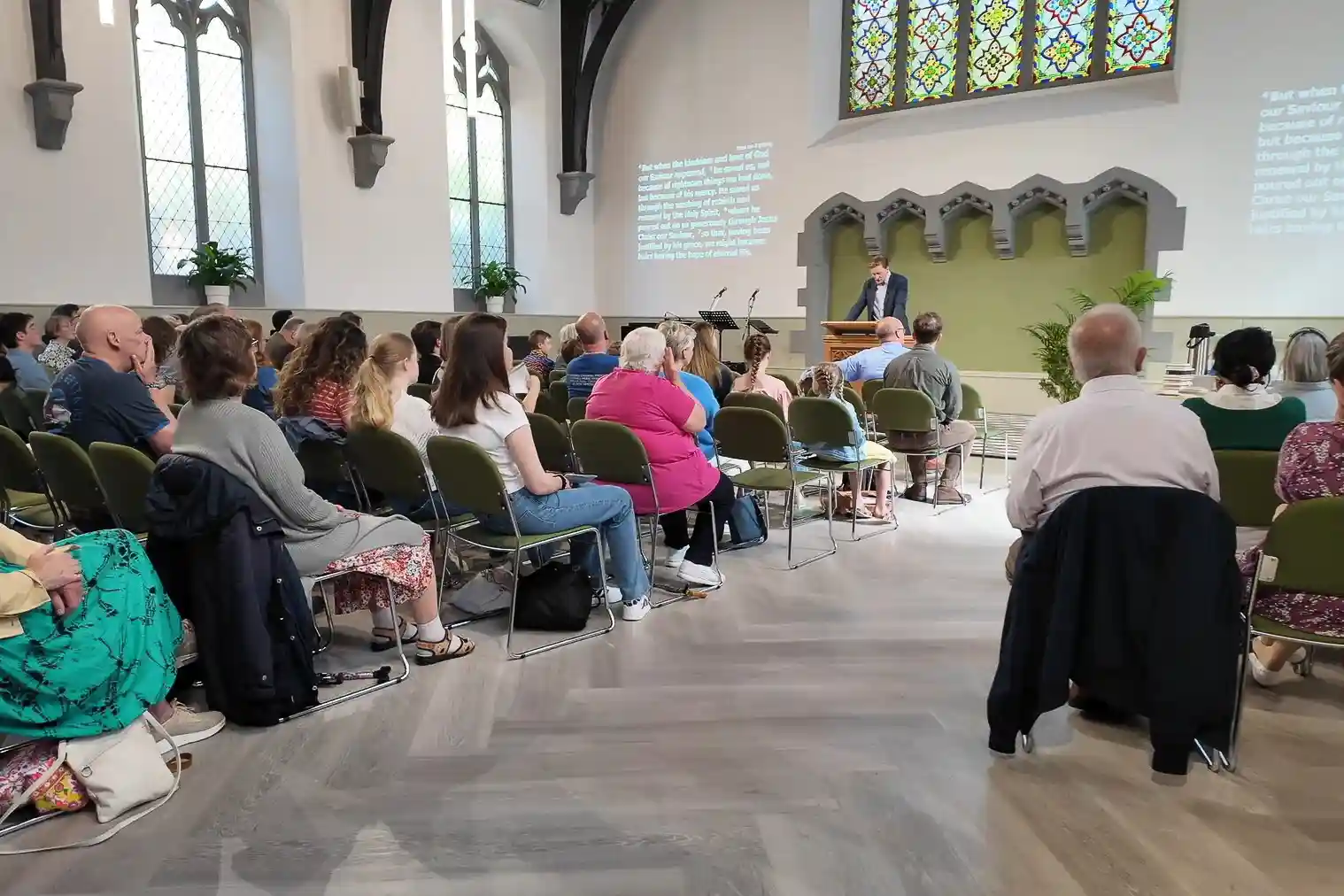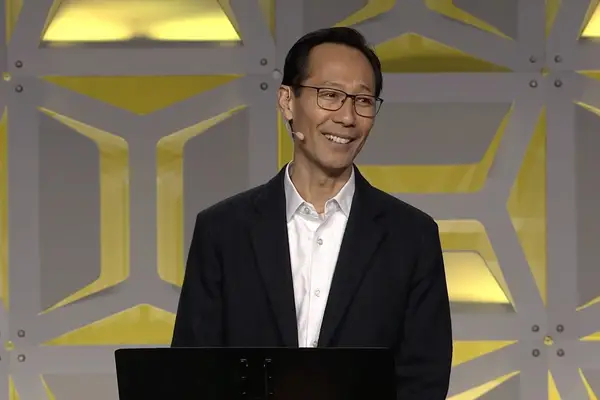Addressing the Problem of Dependency

Defining the problem
One of the hot topics for quite some time now in missions has been the issue of dependency. It is most often viewed from one particular angle: foreign money is the source of the dependency and the solution is a change in how the West invests in the rest of the world. This simple cause-and-effect explanation is used to explain the negative results of dependency, which flow into all aspects of ministry.
The following definition is a good summary of the problem taken from this set of perspectives. “Dependency occurs when a local church requires funding or leadership from outside of its own members in order carry out the core biblical responsibilities of a local church under normal conditions.
“Consequences of financial dependency include a lack of ownership, stunted growth, mixed motives in leadership, confused accountability, suspicion of foreign influence, and compromised witness. For a church to be sustainable it must be able to carry out its core biblical functions without relying on foreign funding or leadership. The benefits of sustainability are the opposites of the consequences of dependency listed above.”[i]
When we went to West Africa we understood from the outset that dependency would be an issue. Added to that was the complexity and obstacles endemic to a Muslim-majority context resistant to the gospel. The question of how we could move forward loomed large. God orchestrated a number of events that spoke to us through the past and present to help us see both dependency and its interconnection to ministry from a different and broader perspective.
Learning from the past
First, I was walking along the streets of Washington, D.C., one day as we were considering applying to the mission to go to work among Muslims in West Africa. A street vendor had a copy of a book about Islam in West Africa. I bought a copy not knowing anything about the author or the book but just figured it was worth looking at.
It turns out it was written by Edward Blyden, a Presbyterian missionary in the 1880s. Blyden was a freed Caribbean slave who had struggled against great odds to attend seminary, become ordained, and be sent out to West Africa.
Blyden was unique in a few ways. He felt optimistic about reaching Muslims, especially in West Africa, even though the broader mission community there either avoided Muslim peoples or blamed them for the meager results seen in West Africa for nearly 400 years—from the Crusade of Varna in 1444 to the 1880s. The other thing that struck me was his criticism of western missionary efforts while continuing to hold a huge optimism about the power of the gospel.
As I read his book two things happened. First, it stung to hear his criticisms, but I saw the truth of them and wondered if I would wrestle with the same problems he noticed in the 1880s. Secondly, I felt even more encouraged to step out in faith to serve among Muslims in West Africa despite the fact that even in the early 1990s there was still very little—if any—visible fruit.
Blyden’s words of hope have stayed close over the years: “One day true laborers may find in Africa a harvest ready for the reaping and the Gospel speed thither on its way rejoicing and Mohammed prove a servant of Christ. Till then all Christians may consistently join in the prayer of Abraham, adopted in the liturgy of the Moravian Church, ‘Oh that Ishmael may live before Thee!’”[ii]
Shifting our focus
When we got to West Africa, I slowly began to see that the same issues that Blyden had pointed to over a hundred years earlier still hindered western missionary efforts. Western missionaries were still laboring for years with little fruit. They struggled to see local believers take on the leadership of small churches that had been established by a previous generation of missionaries. Mission agencies focused largely on their own organizational vision, objectives, and growth. Local believers were quickly snapped up to serve within these mission-centered contexts.
Intentions were very good but it seemed in some ways missionary efforts retarded the growth of the very people and churches they hoped to see flourish. As a result, in many gatherings of missionaries I heard the missionaries bemoaning the deficiencies of their West African brothers and sisters.
Something seemed off. The focus seemed to be on the mission itself and not the local body of Christ. For instance, I once sat in a consultation aimed at reaching one of the largest Muslim people groups in the country and watched as missionary after missionary spoke about their strategies for reaching this group. There was a small group of West Africans sitting off in a corner. No one paid much attention to them. At lunch I sat with them and just listened to them. They too complained, but their complaint was that none of the missionaries were asking them how this large Muslim people group might be reached, despite the fact that they were themselves some of the few converts from the very people group in focus.
These were lingering remnants of many of the things that Blyden had been critical of over a hundred years earlier. I wondered, are we doomed to fail to learn from history? I saw my own heart struggle to know how to relate to and come alongside local believers. I and those on our team made many of the same mistakes I noticed in others.
It was not just a struggle with good strategy versus not-so-good strategy. There seemed to be something in all this that was simply ingrained in human nature; it was a heart issue. As Blyden had written there are always problems when, “Unchristian things are done in the name of Christ and when Christian things are done in an unchristian way.”[iii]
Applying the gospel
What did our team do that was different? I think if we did anything we simply tried to apply the gospel to our own hearts, and slowly God built relationships that were different. I can’t honestly say I intentionally tried to change or avoid the things that Blyden had been pointing out so many years ago. Something did change in me, though, and I saw my West African brothers and sisters in a whole new light. I knew I had something to offer, especially in the area of grounding them biblically but, honestly, in comparison to what they had to offer, it seemed small.
All in all, what began to happen was we simply worked together, we sweated together, we ate together, we laughed together, we mourned together, we saw successes together, and we failed together. But it was all done together. I relied on my brothers and sisters and they relied on me. We were dependent on each other and it seemed a very good sort of dependency.
Out of that God began to use each of us to contribute what we had to offer. Where others struggled to see local leadership take over churches that had been run by missionaries for years, we saw local leaders thirsty to plant and lead churches. People came to faith in numbers we could not have imagined. Churches were planted and pastors for those churches were trained. Church planting spread to other countries as well. We all marveled at what God was doing.
Celebrating God’s work
I have continued my work with West Africa since we left there and in some ways I am more involved now than when we lived there. This past summer, I was back in West Africa to attend a gathering to celebrate the ordination of new pastors. One man got up and reminded the gathering of over 900 that their denomination had started not too many years ago with just his family, my family, and the family of the current president of the denomination.
Those present represented an even larger body of Presbyterians. They had become an African Presbyterian denomination that had planted nearly 50 churches and reached nearly 5,000 people for Christ in less than 10 years. The local church was now leading their own seminary and training and ordaining their own pastors. The denomination was spreading throughout their country and into neighboring countries.
As I sat in that gathering I reflected on the words from a brother from West Africa at a leadership gathering. This African national made an impassioned plea for us to realize fully that “their children had grown up and were men now ready to serve alongside their western brothers in reaching the Muslim peoples of the world.” I was reminded again of words from Blyden’s book written so many years ago, where he quoted the words of a West African Christian to the director of the Church Missionary Society in the late 1800s: “So long as you treat us like children we will behave like children. Treat us like men and we will behave like men.”
Continuing to learn
I have a huge admiration for my brothers and sisters in the Muslim world. That admiration only grows as I get to know more of them and seek to serve them. In many ways I am still learning how to work alongside them. I think we, as a mission, are also still learning. It seems like we often take one step forward only to take two steps back, but occasionally we stumble forward and make some progress.
We learn to trust others, we learn a bit more humility, we grow in our confidence in the gospel and in our God, whose zeal is accomplishing all the amazing things that happen as His kingdom increases without end around us and through us together. We start to see that somehow the body of Christ around the world is greater together than the sum of its parts. Maybe we can learn from history and maybe we can change after all.
*Frank is an MTW missionary working among Muslims. His last name has been withheld for security reasons.
This article was originally published in InVision in 2013.
_____________________________
i] Stout, Ken, Fostering Sustainability & Minimizing Dependency in Missions Finances, An Integrative Thesis, Reformed Theological Seminary, 2008.
ii] Blyden, Edward Wilmot. Christianity, Islam and the Negro Race. Baltimore, Md: Black Classic, 1994. 28-29.
iii] Blyden 345
